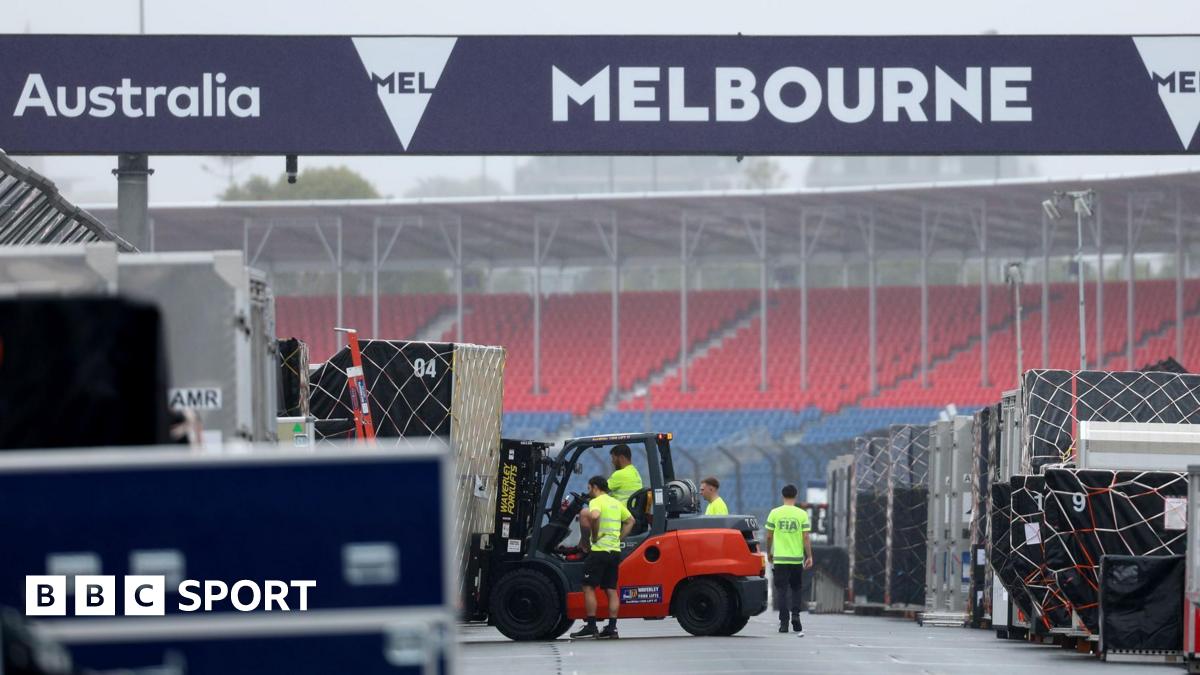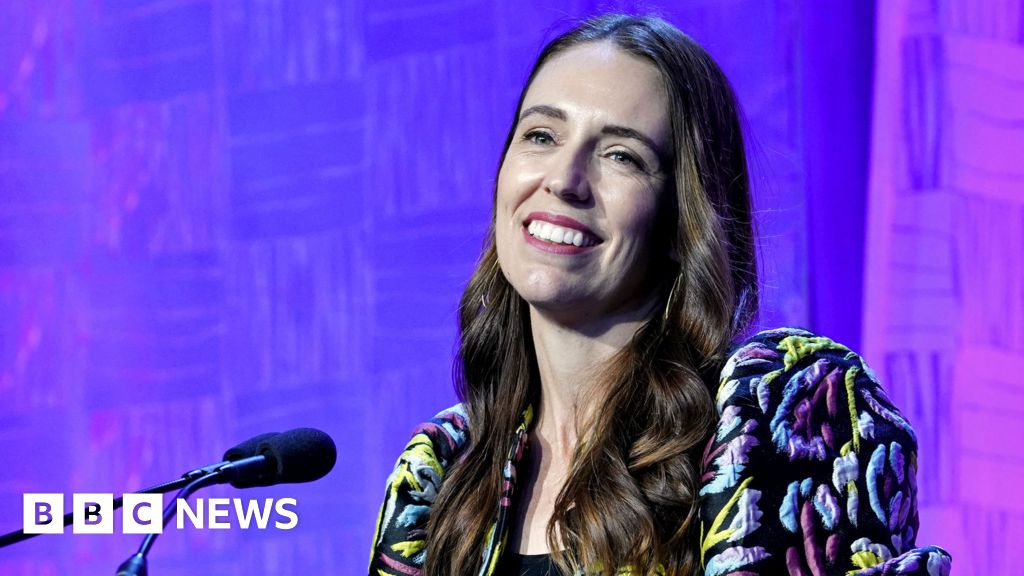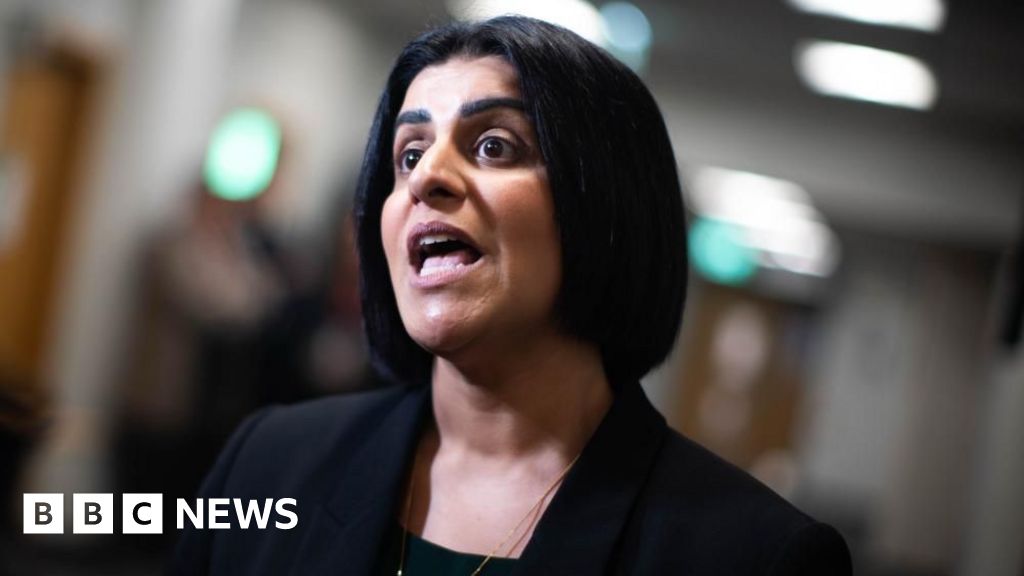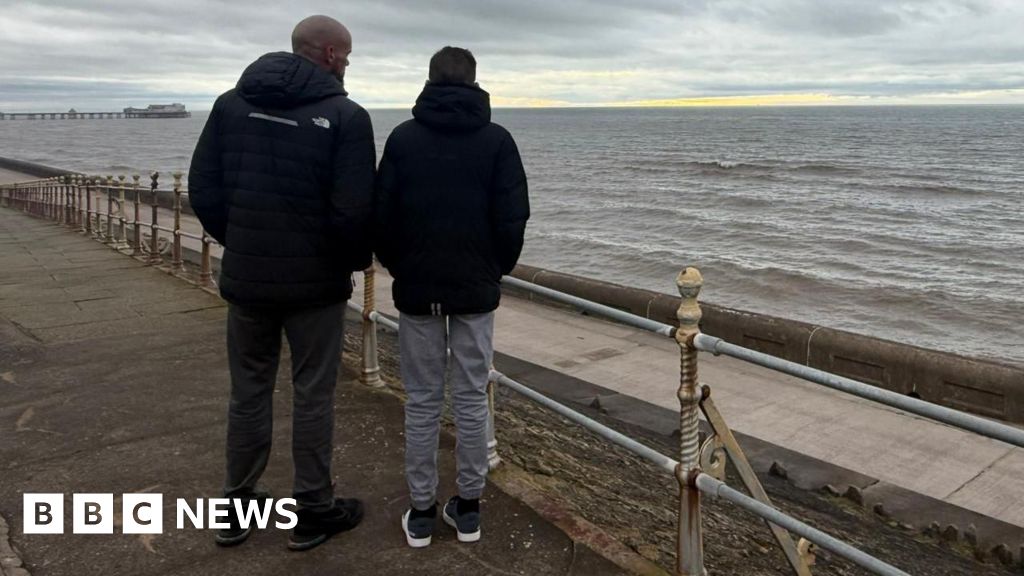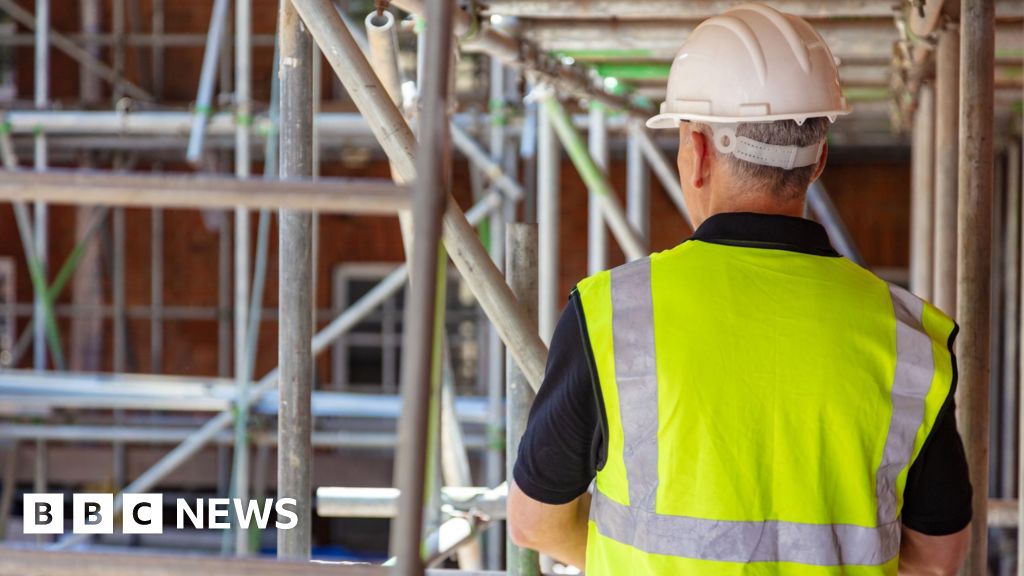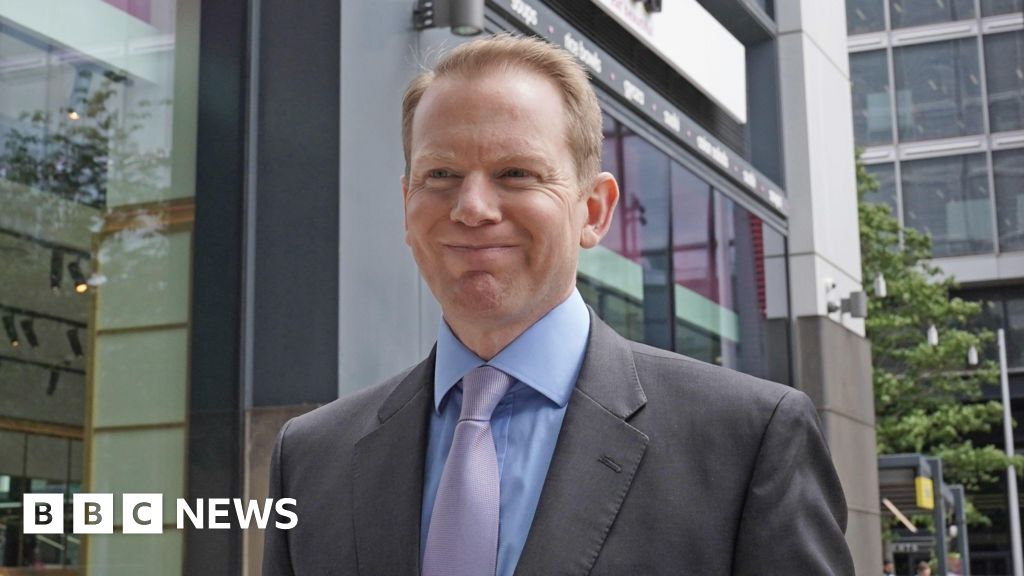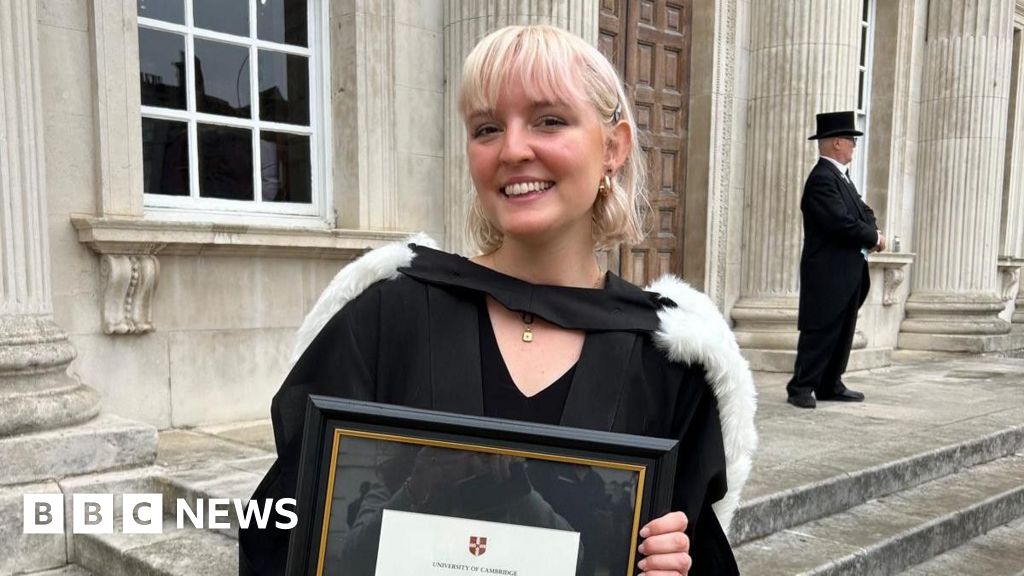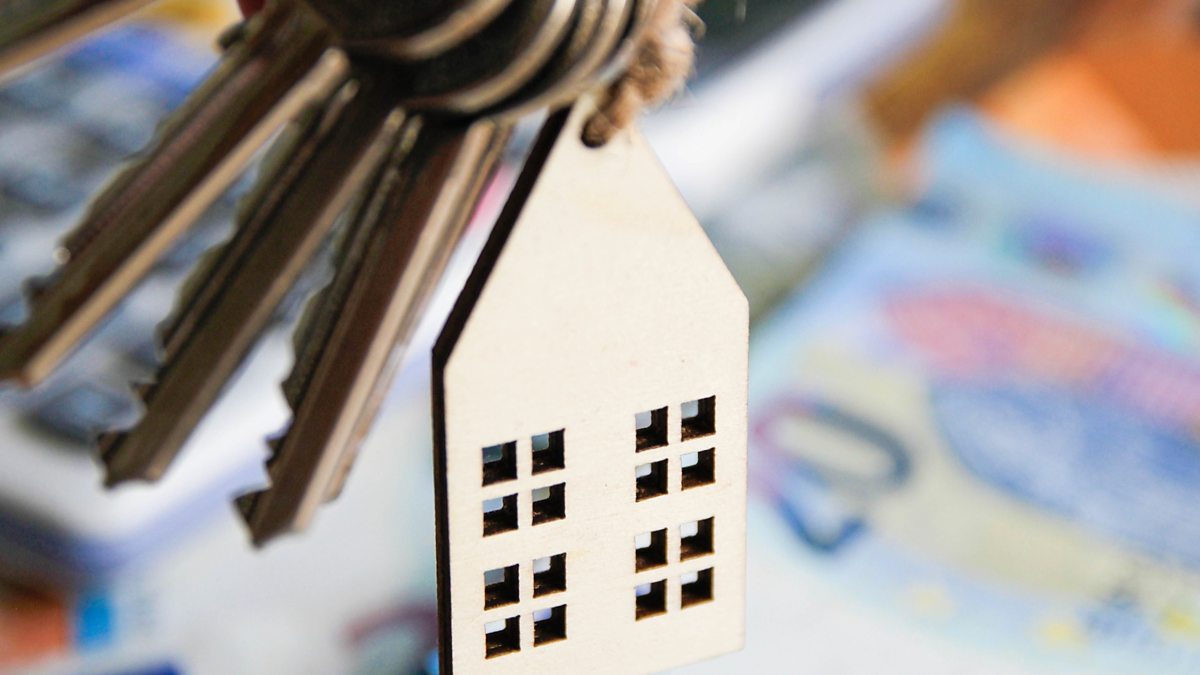You have to apply for a mortgage (more on who can help you do that later). A mortgage is offered by a lender, usually a bank or building society, and they decide whether to lend you the money based on a few key things.
How much you earn
First, the size of the mortgage you can have (which determines what price of house you can buy) will depend on how much you earn. A lender tends to let you borrow 2.5 times your A salary is a fixed, regular payment, typically paid by an employer on a monthly basis, to an employee for their work.
If you are buying a property with someone else, the size of the mortgage will be based on both your salaries. The lender normally uses the following calculation to work out how much to offer:
2.5 times the largest salary plus 1 times the smaller salary. This is called the affordability calculator and tells the lender whether you can afford to buy the house.
How much money you have saved up
When you apply for a mortgage, you’ll have to put down a deposit, which is a chunk of money that you pay to the lender upfront. The size of your deposit is what determines the loan-to-value ratio of your mortgage. In simple terms, the bigger the deposit, the less money you need to borrow from a lender. This means your loan-to-value ratio will be lower because they don’t need to lend you as much money.
Say the house you wanted to buy was worth £100,000, and you’d saved up 10% of the total house price.
That means your deposit would be £10,000 and you’d need a 90% loan-to-value mortgage to make up the rest of the cost (£90,000). Most lenders will require a borrower to have a deposit size of at least 5% of the property’s value.
Generally, the bigger the deposit, the less risky it is for the lender, so saving for a bigger deposit and a lower loan-to-value mortgage can mean better interest deals.

